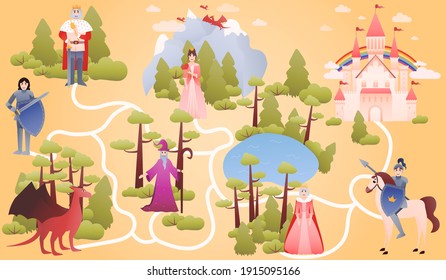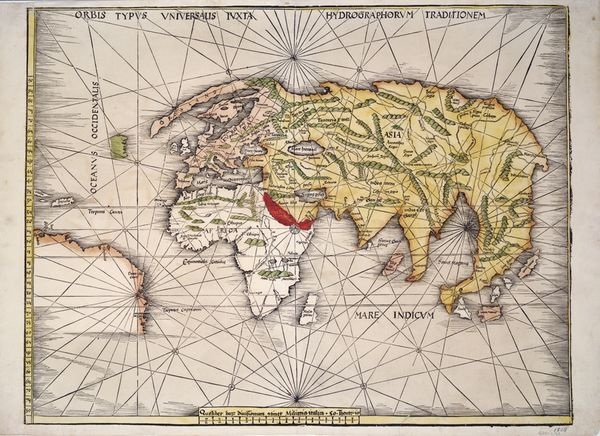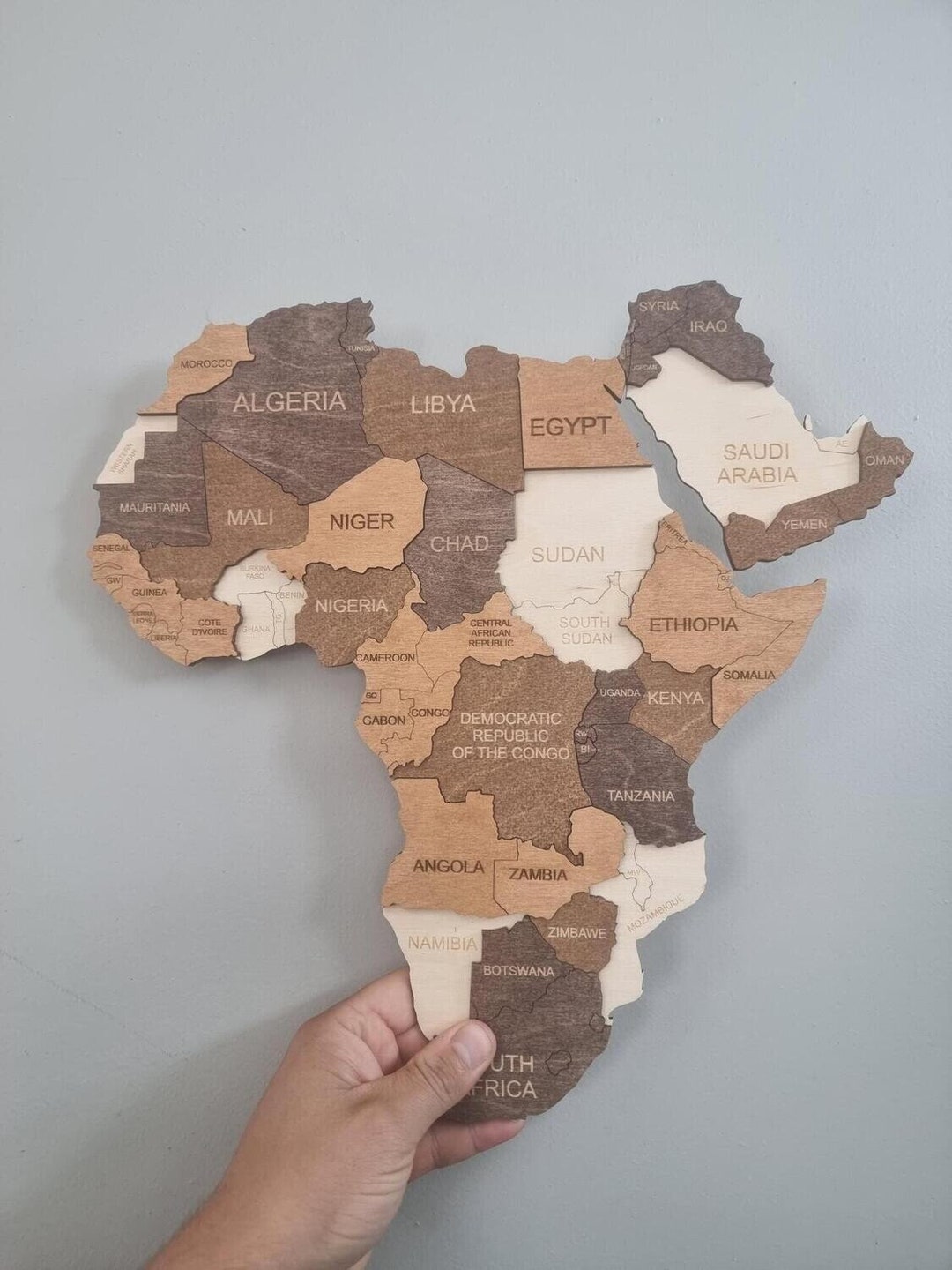Unraveling The World: Exploring The Intricacies Of Map Riddles
By admin / July 5, 2024 / No Comments / 2025
Unraveling the World: Exploring the Intricacies of Map Riddles
Related Articles: Unraveling the World: Exploring the Intricacies of Map Riddles
Introduction
With great pleasure, we will explore the intriguing topic related to Unraveling the World: Exploring the Intricacies of Map Riddles. Let’s weave interesting information and offer fresh perspectives to the readers.
Table of Content
Unraveling the World: Exploring the Intricacies of Map Riddles
![30+ Challenging Map Riddles [Free Riddle Cards]](https://confessionsofparenting.com/wp-content/uploads/2023/04/Map-riddles-for-kids-2-768x1024.jpg)
Map riddles, a unique genre of brain teasers, offer a captivating blend of geography, logic, and wordplay. They challenge individuals to decipher clues embedded within maps, leading them to uncover hidden locations, identify landmarks, or solve geographical puzzles. This article delves into the world of map riddles, exploring their structure, types, benefits, and the art of crafting and solving them.
Understanding the Essence of Map Riddles
At their core, map riddles present a geographical conundrum disguised in a riddle format. They often involve a map, either physical or digital, and a series of clues that must be interpreted to pinpoint a specific location or answer a question related to the map. This interplay between visual and textual information engages the mind, demanding both spatial reasoning and linguistic comprehension.
Types of Map Riddles
Map riddles can be categorized based on their focus and complexity:
- Location Riddles: These riddles aim to pinpoint a specific location on the map. Clues might refer to geographical features, landmarks, or even historical events associated with a particular place.
- Landmark Riddles: These riddles focus on identifying a specific landmark or geographical feature. Clues often describe the landmark’s characteristics, its historical significance, or its relationship to surrounding areas.
- Direction Riddles: These riddles require the solver to navigate a path on the map, following a series of directional clues. They often involve compass directions, distances, and points of reference.
- Puzzle Riddles: These riddles go beyond simple identification, demanding the solver to solve a puzzle related to the map. This might involve deciphering coded messages, identifying patterns, or even constructing a new map based on provided information.
The Benefits of Engaging with Map Riddles
Beyond their inherent entertainment value, map riddles offer numerous cognitive benefits:
- Spatial Reasoning: Map riddles encourage the development of spatial reasoning skills, the ability to visualize and manipulate objects in space. This is crucial for understanding and navigating our physical world.
- Critical Thinking: Deciphering clues and interpreting information requires critical thinking skills, enabling individuals to analyze, synthesize, and evaluate information.
- Problem-Solving: Map riddles present challenges that require creative problem-solving strategies, fostering the ability to think outside the box and find innovative solutions.
- Geography Knowledge: By engaging with map riddles, individuals can expand their geographical knowledge, learning about different locations, landmarks, and geographical features.
- Memory Enhancement: Map riddles often involve remembering clues and information, aiding in memory retention and recall.
Crafting Effective Map Riddles
Creating engaging map riddles demands careful consideration of the following elements:
- Target Audience: The difficulty level of the riddle should be tailored to the intended audience, considering their age, geographical knowledge, and problem-solving skills.
- Clarity and Conciseness: Clues should be clear, concise, and unambiguous, avoiding jargon or overly complex language.
- Relevance and Interest: The chosen location or landmark should be relevant to the audience and hold some degree of interest to pique their curiosity.
- Variety of Clues: Employ a mix of visual and textual clues to engage different cognitive abilities and prevent the riddle from becoming repetitive.
- Logical Progression: Clues should build upon each other, gradually leading the solver towards the solution.
Solving Map Riddles: A Step-by-Step Approach
Solving map riddles requires a combination of observation, deduction, and creative thinking. A systematic approach can help unravel even the most intricate puzzles:
- Study the Map: Carefully examine the map, noting its scale, geographical features, and any landmarks or symbols.
- Analyze the Clues: Read the clues carefully, identifying keywords and phrases that might provide hints about the location or landmark.
- Cross-Reference: Compare the clues with the map, looking for correspondences between the information provided in the riddle and features on the map.
- Eliminate Possibilities: As you gain more information, eliminate unlikely locations or landmarks based on the clues and your understanding of the map.
- Deduction and Inference: Use logic and deduction to infer connections between the clues and the map, piecing together the solution.
- Visualize the Solution: Once you believe you have identified the location or landmark, visualize it on the map to confirm your deduction.
FAQs: Addressing Common Queries about Map Riddles
Q: Are there resources available for finding map riddles?
A: Yes, numerous online resources and books offer a wide range of map riddles. Websites like "The Riddler" and "Brainzilla" feature dedicated sections for map riddles.
Q: Can I create my own map riddles?
A: Absolutely! With a little creativity and geographical knowledge, anyone can craft their own map riddles. Use the guidelines outlined earlier to ensure your riddles are engaging and solvable.
Q: What are some tips for making map riddles more challenging?
A: To increase the difficulty, consider:
- Using obscure locations or landmarks.
- Employing cryptic clues or wordplay.
- Incorporating multiple layers of clues.
- Adding time constraints or limitations.
Q: What are some examples of map riddles for different age groups?
A:
- Beginner (Ages 6-10): "I am a city with a famous clock tower. My name starts with a ‘B’ and I am located in England. What city am I?" (Answer: Big Ben, London)
- Intermediate (Ages 10-14): "I am a river that flows through the heart of Europe. My name is a synonym for a ‘river.’ What river am I?" (Answer: The Rhine River)
- Advanced (Ages 14+): "I am a mountain range that stretches across North America. My name is a synonym for a ‘mountain.’ I am home to many national parks. What mountain range am I?" (Answer: The Rockies)
Conclusion: Embracing the World of Map Riddles
Map riddles offer a unique and rewarding way to engage with geography, logic, and language. They challenge individuals to think critically, solve problems, and develop spatial reasoning skills. Whether you are a seasoned puzzle enthusiast or a curious beginner, the world of map riddles holds endless opportunities for exploration and intellectual stimulation. By embracing the art of deciphering clues and navigating maps, you can unlock a deeper understanding of the world around you and cultivate a love for the intricate puzzles that geography presents.







Closure
Thus, we hope this article has provided valuable insights into Unraveling the World: Exploring the Intricacies of Map Riddles. We thank you for taking the time to read this article. See you in our next article!